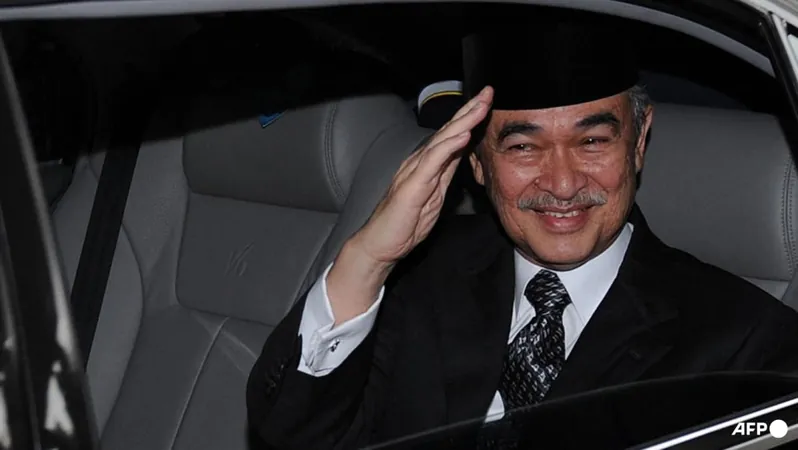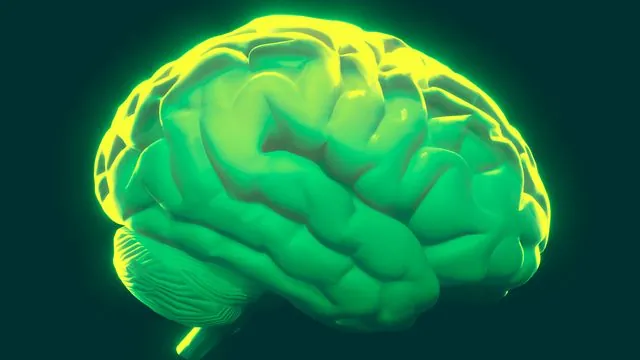
Remembering Abdullah Ahmad Badawi: Malaysia's Compassionate Leader Passes Away at 85
2025-04-14
Author: Yu
Malaysia mourns the loss of its former Prime Minister, Abdullah Ahmad Badawi, affectionately known as Pak Lah, who passed away on April 14 at the age of 85.
The news of his death was shared by his son-in-law, Khairy Jamaluddin, via a heartfelt Instagram post, revealing that Abdullah breathed his last at the National Heart Institute in Kuala Lumpur. He had been admitted just a day prior due to breathing difficulties.
Despite extensive medical efforts, Abdullah passed away peacefully, surrounded by his loved ones, as confirmed by the institute.
The National Heart Institute praised Abdullah's leadership, stating he brought "calm and compassion to public service." His legacy in fostering unity and good governance will be treasured and respected for years to come.
Prime Minister Anwar Ibrahim paid tribute to Abdullah's incredible qualities. In a poignant Facebook post, he noted that Pak Lah taught the essence of humanity in leadership, remarking on his generous spirit even amid political divisions.
Anwar highlighted how Abdullah maintained a calming presence in the often tumultuous political landscape of Malaysia, demonstrating the true soul of a remarkable statesman.
Singapore’s Prime Minister Lawrence Wong expressed his condolences, emphasizing Abdullah's impactful contributions during his six-year premiership, which significantly advanced Malaysia’s social and economic growth. Wong characterized Abdullah as a friend to Singapore, reflecting on their collaborative efforts to enhance bilateral relations.
**A Journey From Humble Beginnings**
Born in Penang in 1939, Abdullah was the eldest of four children in a family deeply rooted in the United Malays National Organisation (UMNO). He began his career in public service after studying Islamic studies at the University of Malaya.
Entering the political arena in 1966, Abdullah's rise was propelled by his father’s legacy and his unwavering determination. His political journey reached new heights after he was appointed deputy prime minister in 1999, prior to succeeding Mahathir Mohamad in 2003.
Abdullah's vision for Malaysia included a commitment to social equity and a moderate interpretation of Islam focused on progress rather than fundamentalism. His initial wide support stemmed from promises to tackle poverty and combat corruption that plagued Malaysia’s political culture.
However, his tenure was not without its challenges; rising fuel prices in his administration drew public discontent despite his earlier reform promises. Nevertheless, Abdullah's contributions to Malaysia's political landscape will leave an indelible mark.
As the country reflects on his life and legacy, Abdullah Ahmad Badawi will be remembered not just as a politician, but as a leader who infused compassion and humanity into his vision for Malaysia.






 Brasil (PT)
Brasil (PT)
 Canada (EN)
Canada (EN)
 Chile (ES)
Chile (ES)
 Česko (CS)
Česko (CS)
 대한민국 (KO)
대한민국 (KO)
 España (ES)
España (ES)
 France (FR)
France (FR)
 Hong Kong (EN)
Hong Kong (EN)
 Italia (IT)
Italia (IT)
 日本 (JA)
日本 (JA)
 Magyarország (HU)
Magyarország (HU)
 Norge (NO)
Norge (NO)
 Polska (PL)
Polska (PL)
 Schweiz (DE)
Schweiz (DE)
 Singapore (EN)
Singapore (EN)
 Sverige (SV)
Sverige (SV)
 Suomi (FI)
Suomi (FI)
 Türkiye (TR)
Türkiye (TR)
 الإمارات العربية المتحدة (AR)
الإمارات العربية المتحدة (AR)